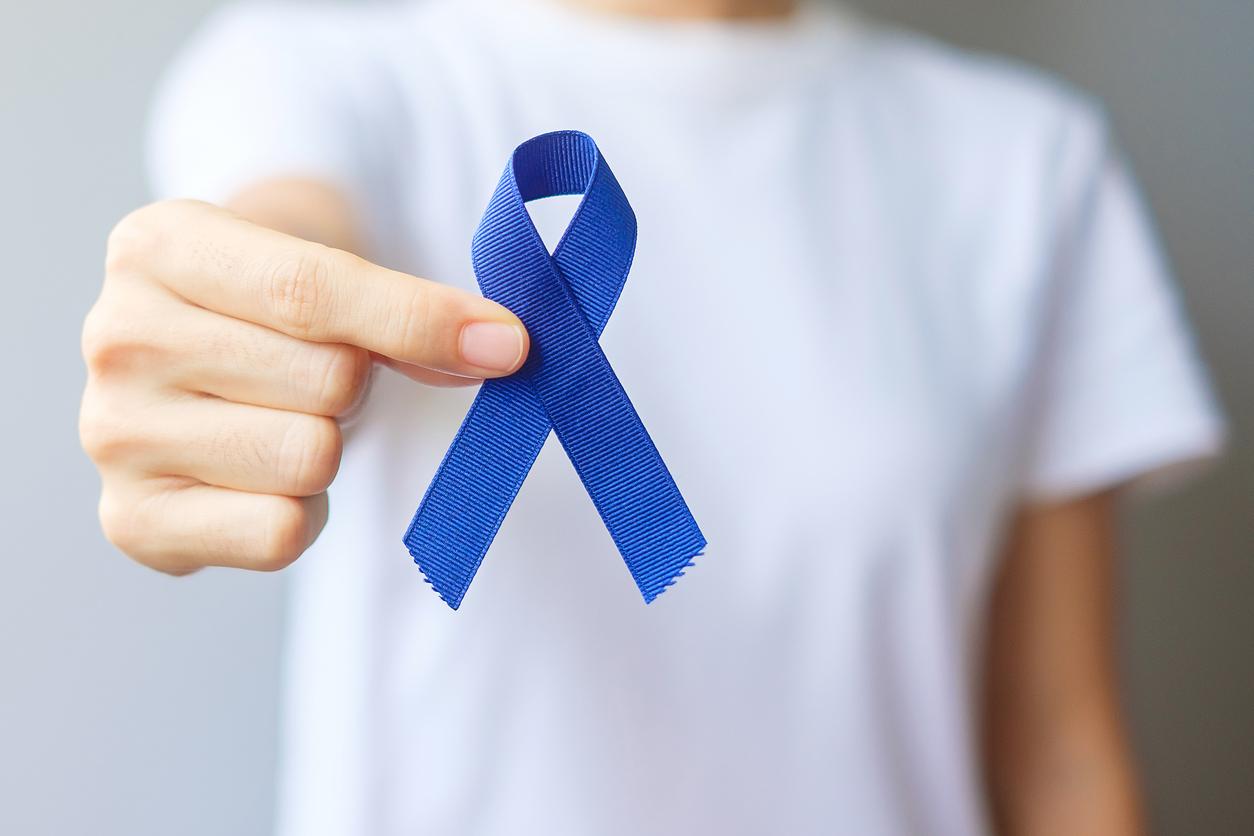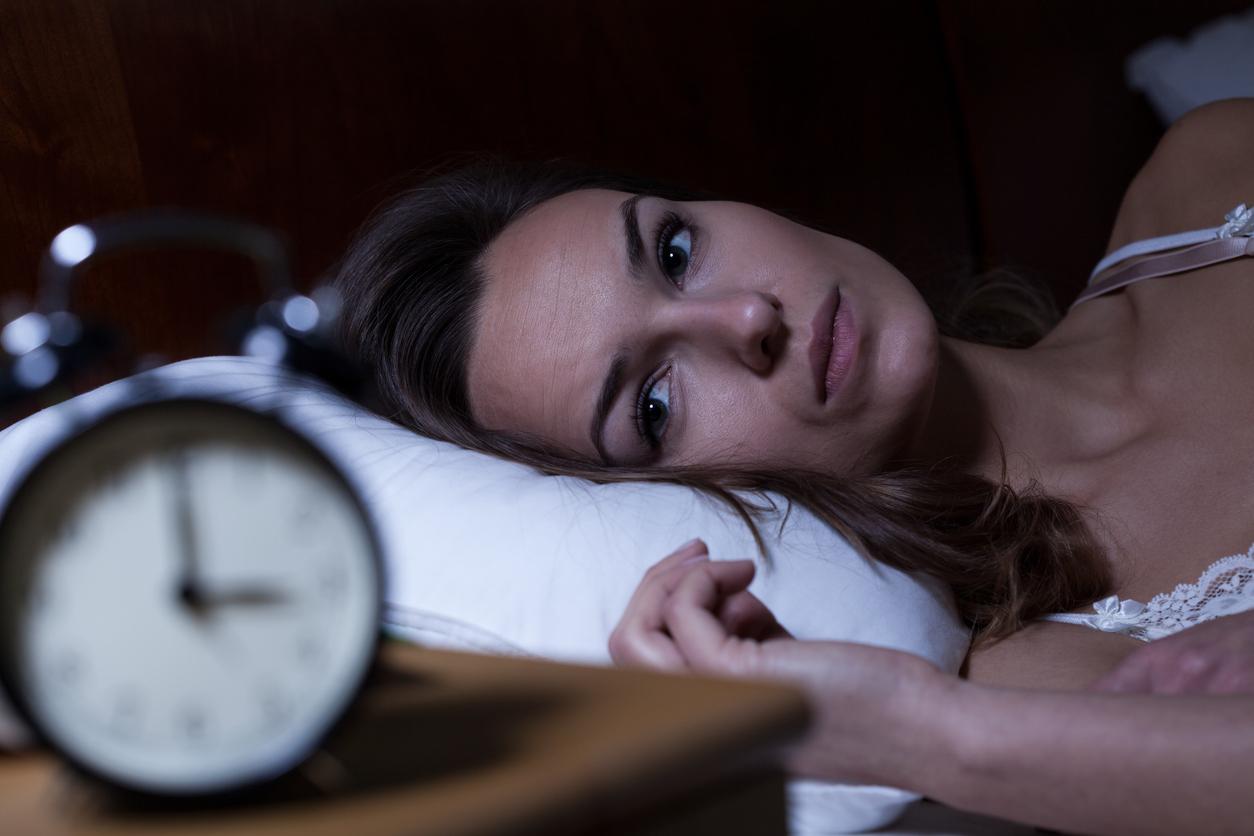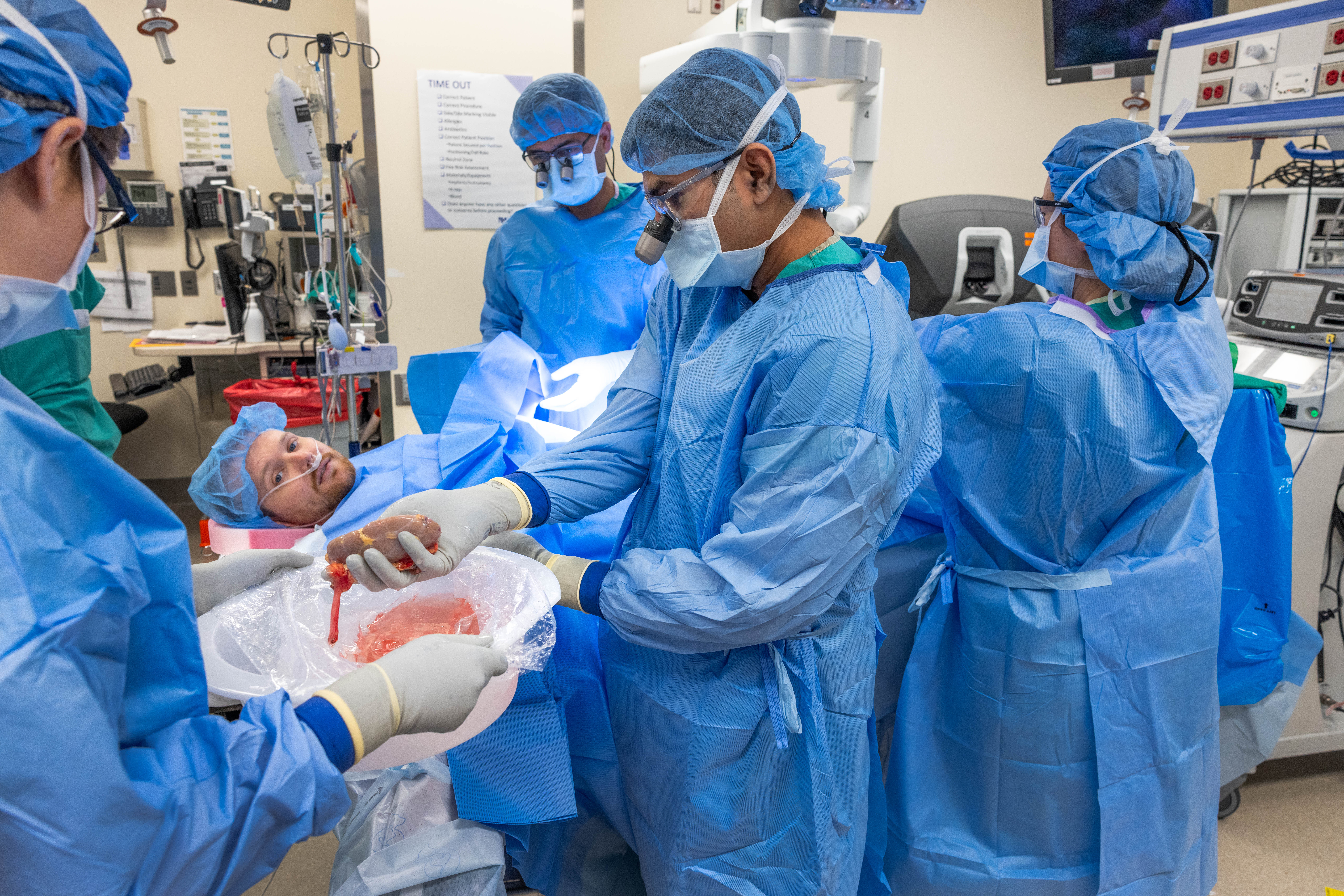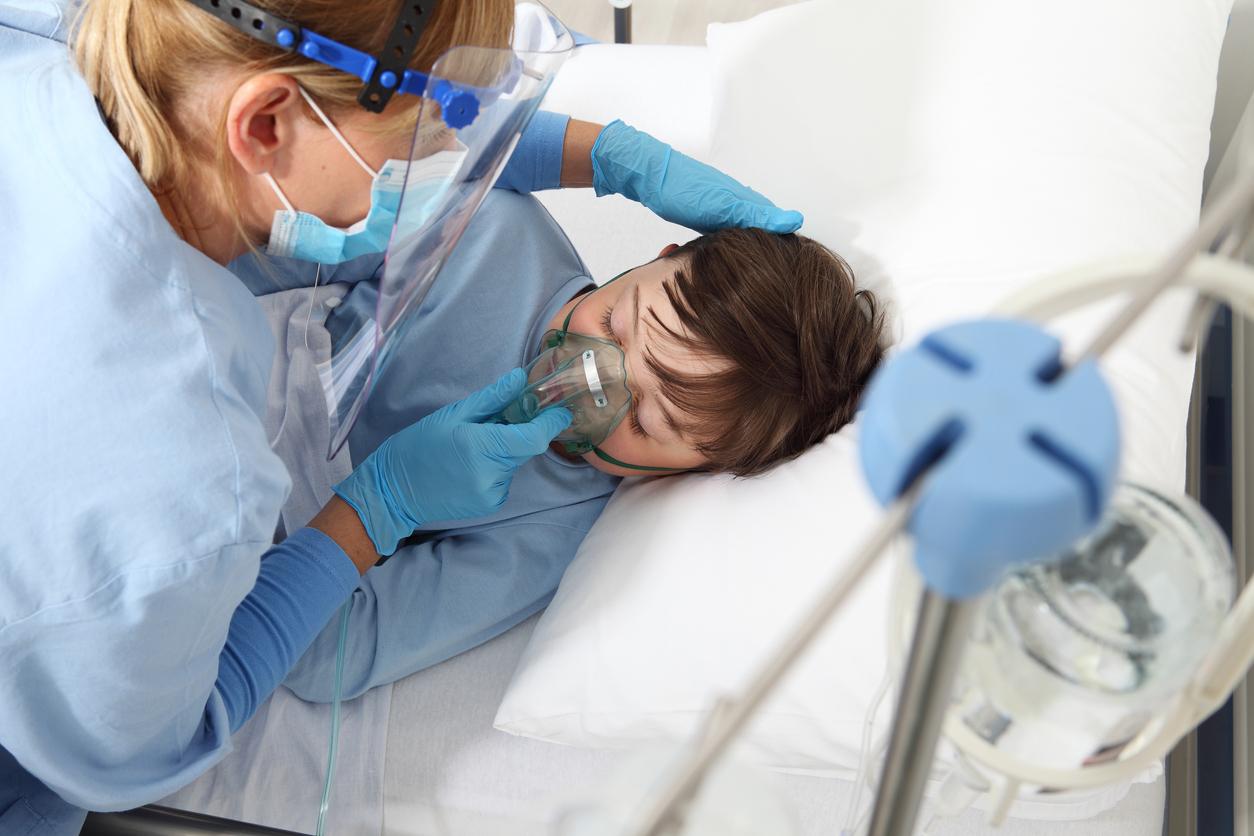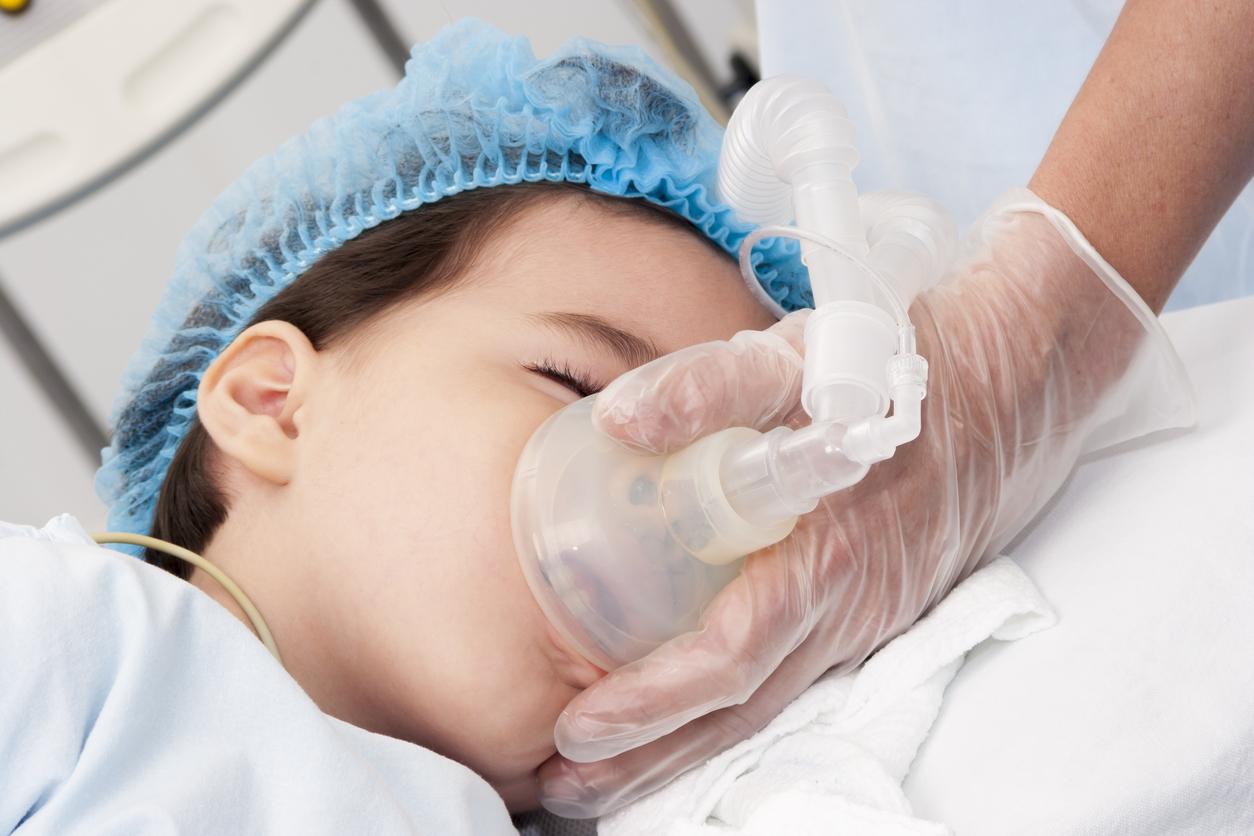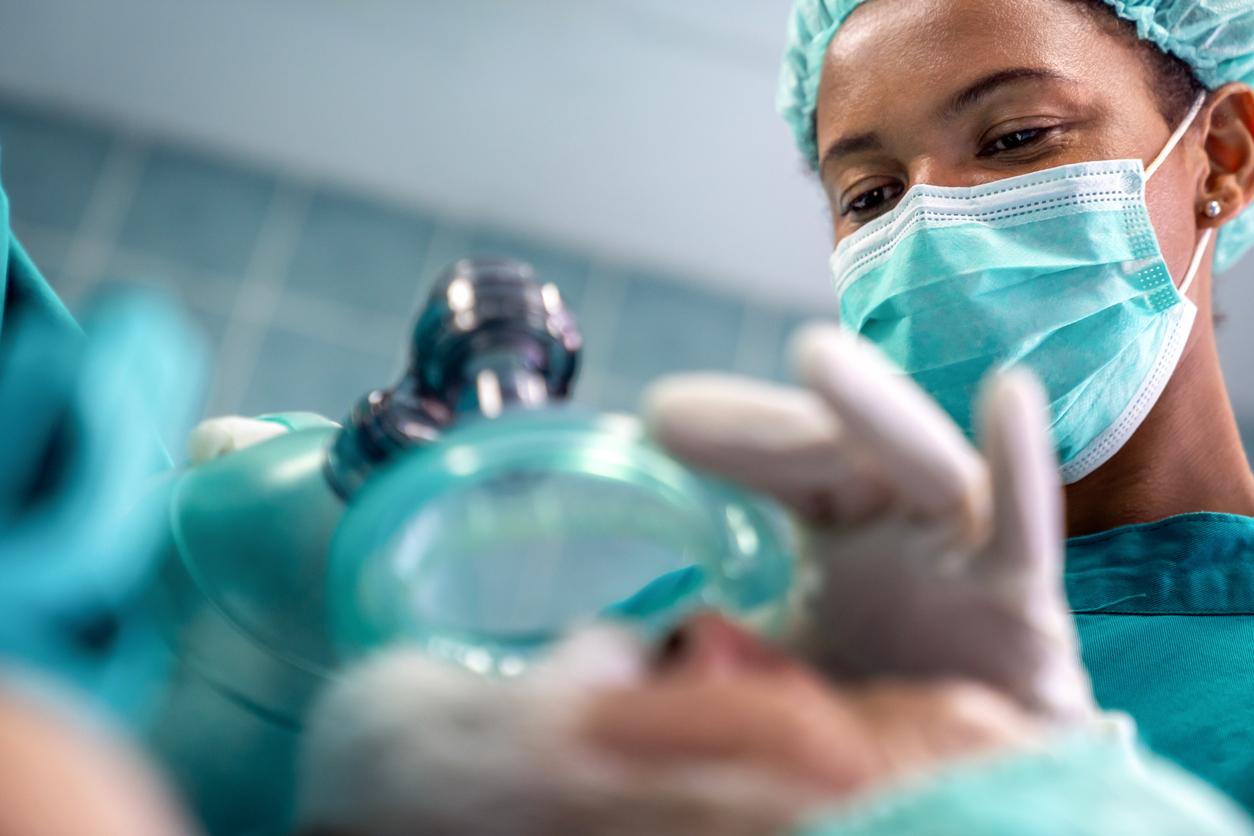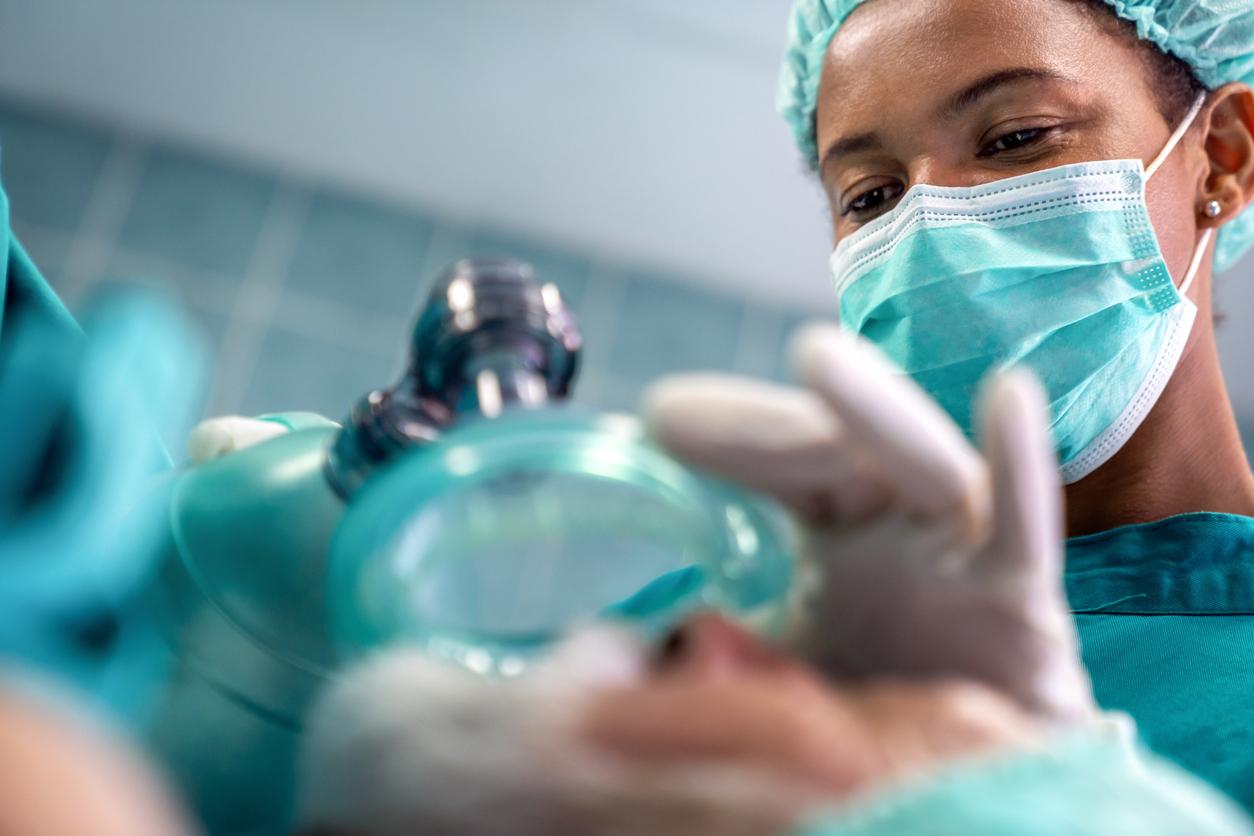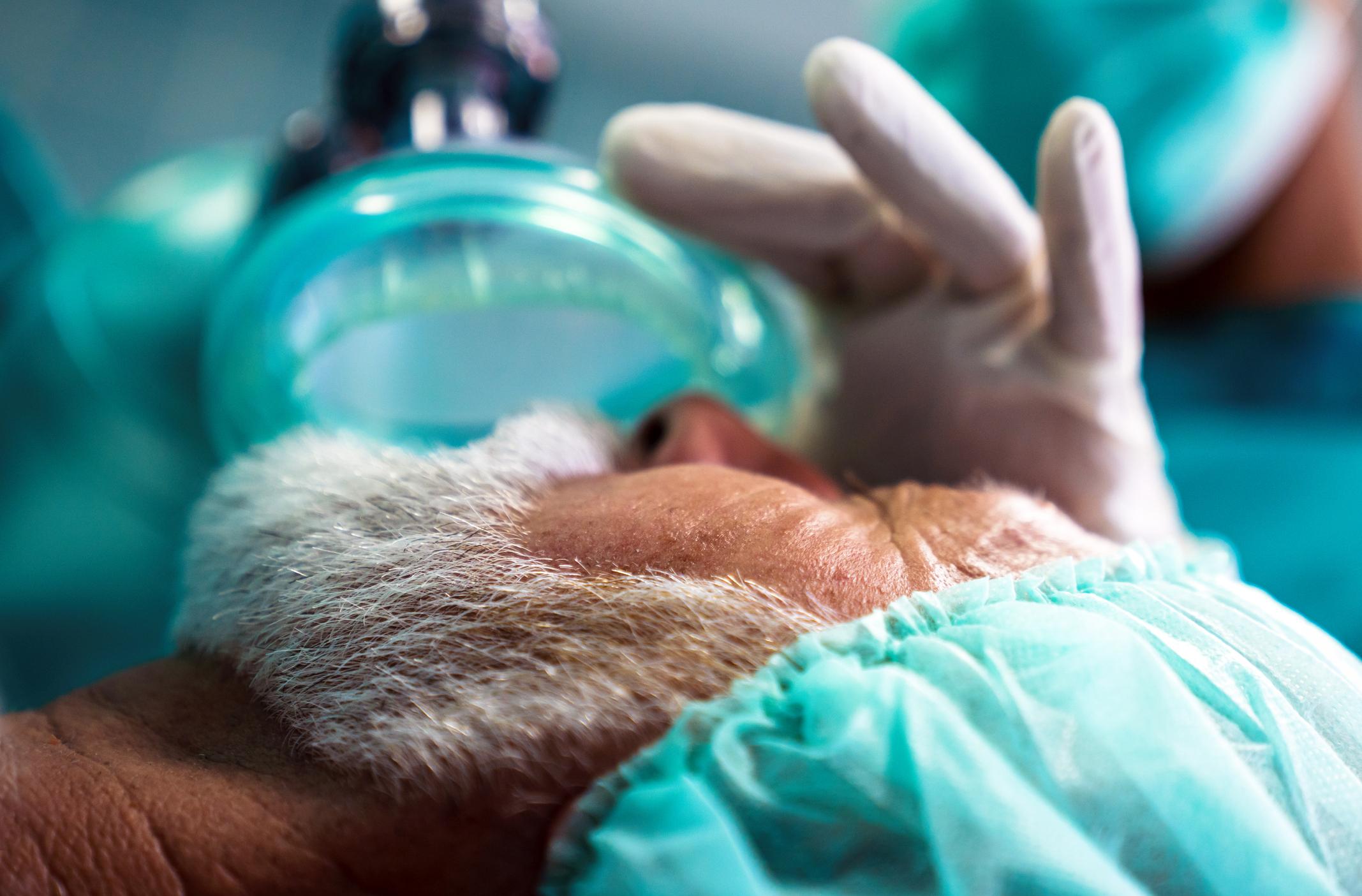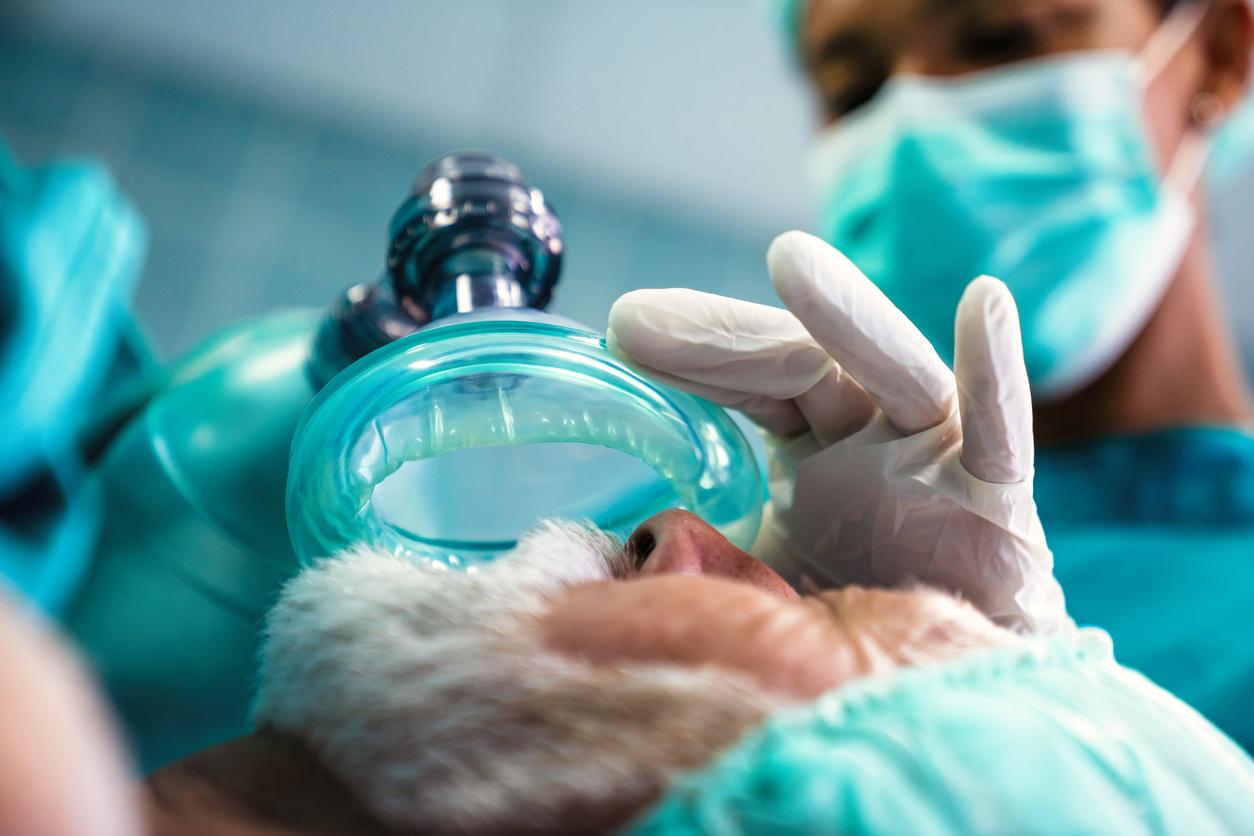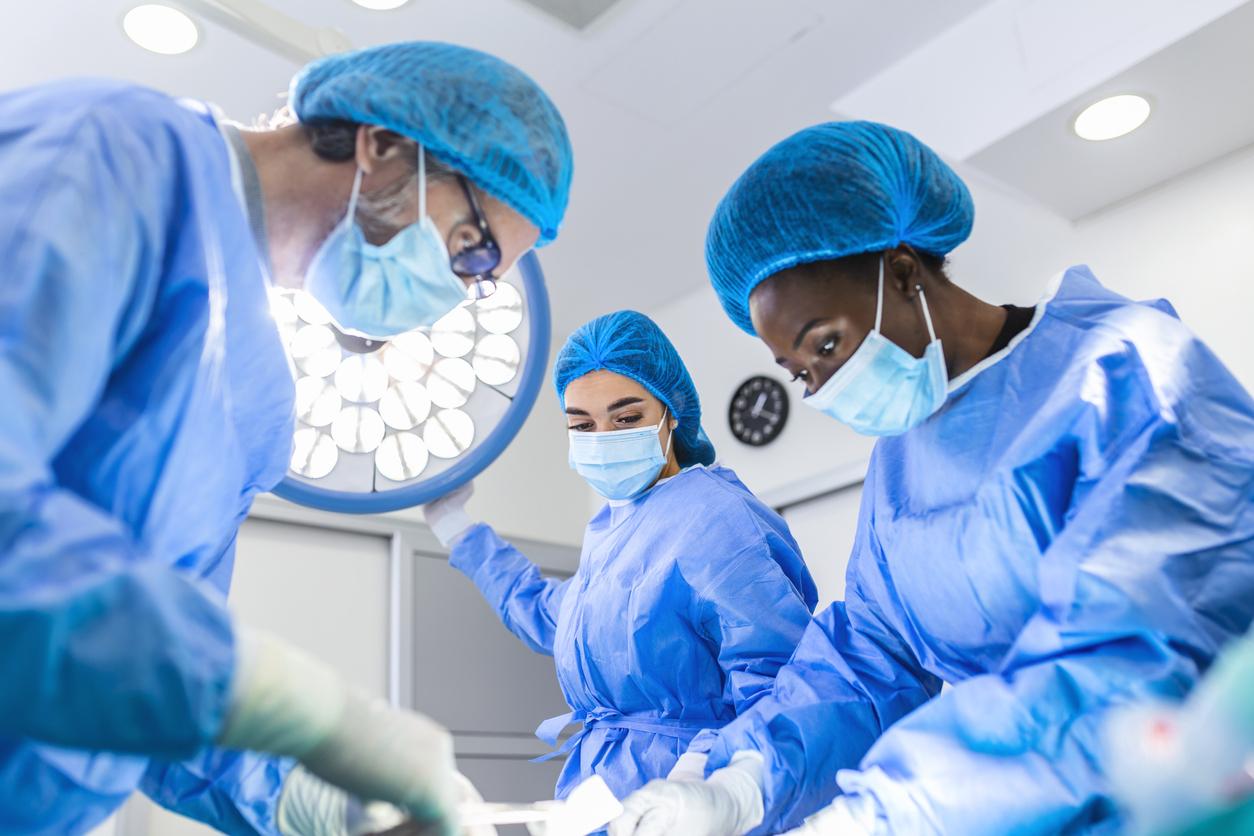Once every 19,000 operations, a patient wakes up during an operation, despite general anesthesia. This rare event traumatizes one in two people.
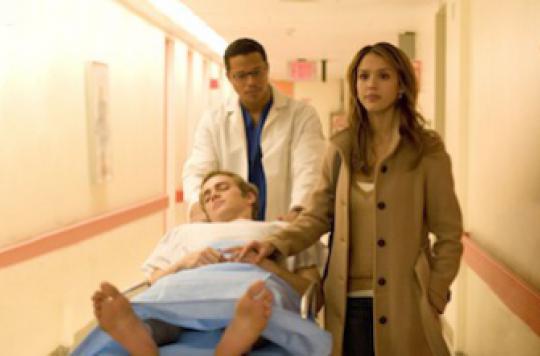
“I could hear the voices around me, and I was horrified to realize that I had woken up in the middle of the operation, but I couldn’t move a muscle. When she was 12, Sandra woke up during orthodontic surgery.
Like her, more than 300 Britons and Irish suffered accidental intraoperative awakening last year. It is the result ofa report from the Royal College of Anaesthesists and the Association of Anaesthesists of Great Britain and Ireland. After reviewing the 3 million general anesthesia performed last year in hospitals across the country, the researchers were able to draw a list of risky situations.
One case for 19,000 operations
One of the most feared complications of patients and anesthesiologists is accidental waking up from the operation. Fortunately, it remains rare since it only occurs once in 19,000 operations under general anesthesia. These incidents often occur for short periods of time, before the operation or when it ends, this report tells us.
However, waking up during surgery remains a traumatic event for many patients. Between panic, terror and fear of dying, they also signal physical sensations: tightness, pain, feeling of suffocation and even paralysis. The subject is so fascinating that it was the subject of an American film, released in theaters in 2007. Awake tells the story of a young man waking up during a heart operation, from his point of view.
Not surprisingly, of the patients who reported waking up, half felt distressed, and 41% suffered from long-term psychological problems, including post-traumatic stress. Sandra, for example, had regular nightmares for over 15 years.
More risks during a cesarean
“The risk factors are complex and varied,” explains Prof. Jaideep Pandit, “and they include the type of drug used, the characteristics of the patient, as well as many organizational variables. We have found that the patients most at risk for accidental intraoperative awakening are those who have a cesarean section or cardio-thoracic surgery, who are obese, or who have difficulty ventilating at the onset of anesthesia. Using emergency medications increases the risk, as do some anesthesia techniques. However, the most notable factor is the use of muscle relaxants (muscle relaxants, editor’s note), which prevent the patient from moving. »Used to make the operation safer, these drugs are also the main source of anxiety for patients who wake up.
However, the researchers find these results reassuring: not only are accidental intraoperative awakenings lower than hitherto estimated, but they are also increasingly understood. It remains to work on how to take charge of them. “We recommended a change in practices, to minimize the incidence of operative awakenings and, when they occur, to ensure that they are recognized and taken care of so as to limit the long-term effects for the patients”, points out Professor Tim Cook, co-author of the report. These recommendations include the establishment of a “checklist” to be completed by the anesthesiologist, and a specific approach to the management of patients who report waking up during the operation.
.



